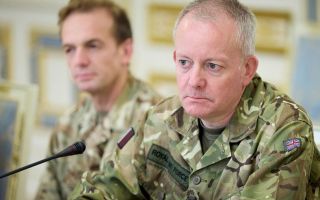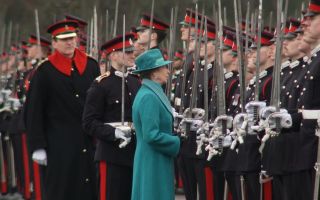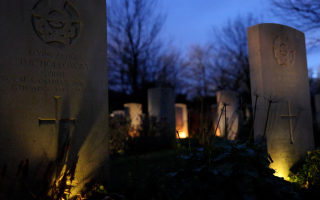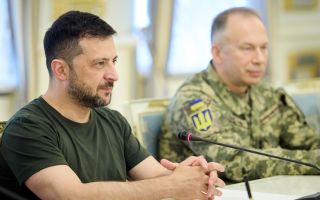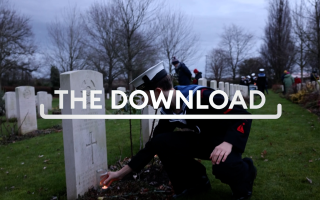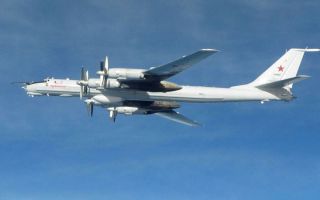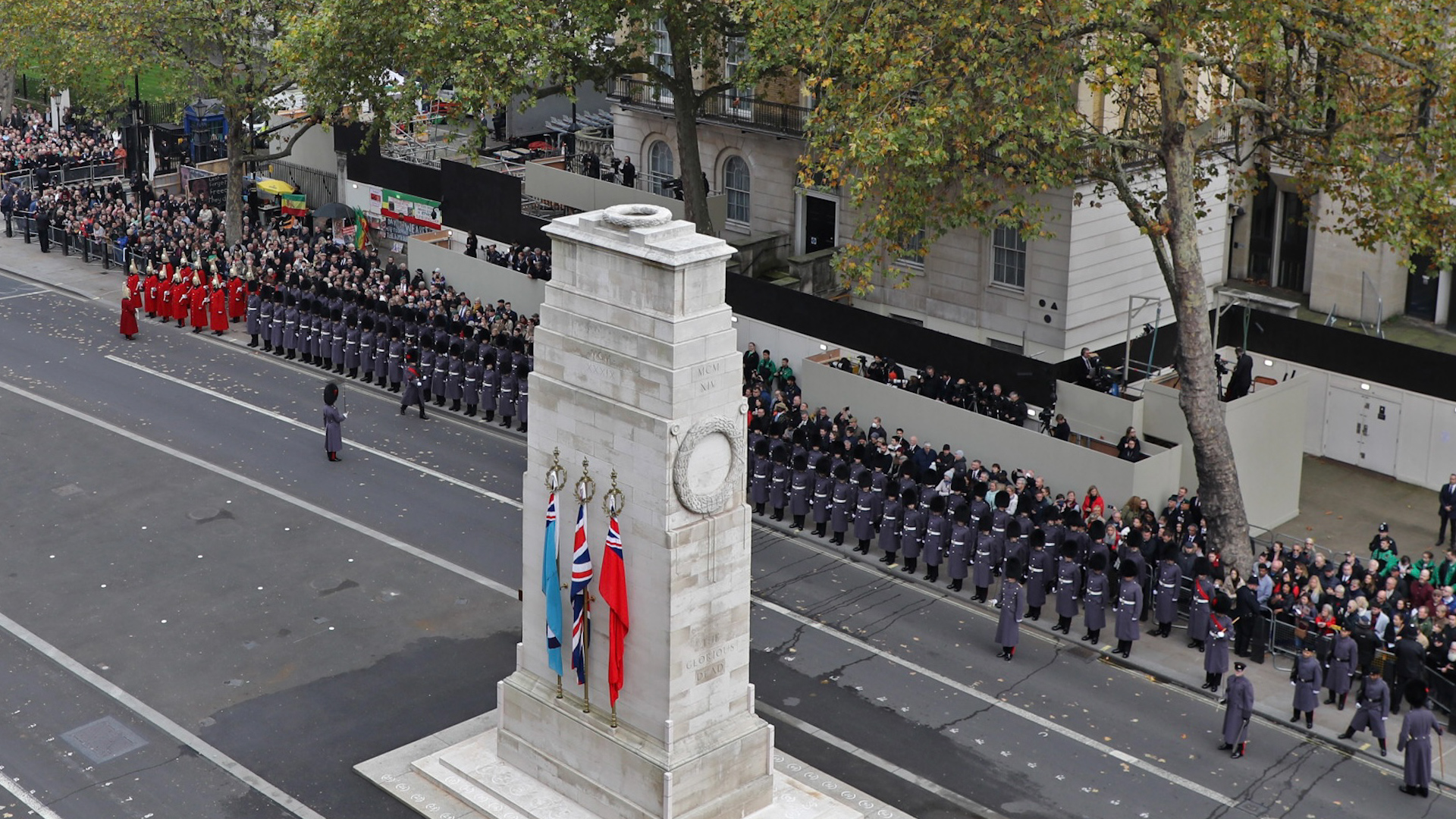
Rules on laying wreaths at Cenotaph quietly changed to protect NI peace process

Tony Blair's Labour government changed the rules on who could lay wreaths at the Cenotaph on Remembrance Sunday to help safeguard the Northern Ireland peace process, newly released files have revealed.
Documents from the National Archives show the then-Northern Ireland Secretary Paul Murphy argued there were "pressing political reasons" for allowing both main unionist party leaders, David Trimble and the Rev Ian Paisley, to take part in the annual ceremony.
Under the rules at the time, only leaders of parties with six or more MPs were invited to lay a wreath during the national service of remembrance.
Wreath access tied to Westminster numbers
Following the 2001 general election, Mr Trimble's Ulster Unionist Party (UUP) held six seats – enough to qualify – but Rev Paisley's Democratic Unionists (DUP) had five, leaving him excluded.
But, after UUP MP Jeffrey Donaldson defected to the DUP in 2003, the balance shifted.
In the run-up to the 2004 ceremony, Mr Murphy warned constitutional affairs secretary Lord Falconer: "We will undoubtedly face renewed pressure from the DUP this year, given that they are now not only the largest NI party but also have six Westminster MPs (and had done resoundingly well in the assembly and Euro elections)."
He continued: "But we are now involved in intensive dialogue over the political future in Northern Ireland in which the DUP, and the UUP, are the key players. I fear, therefore, there are now pressing political reasons for amending the 1984 formulation."
Concern over nationalist reaction
Mr Murphy proposed changing the rules to allow not only parties that had secured six seats at the last general election, but also those that had passed the threshold through defections or by-elections.
Lord Falconer responded that there was "a certain awkwardness" in the idea, since it would overturn a previously agreed formula.
He also raised concerns about the potential reaction from other parties.
"There is a further difficulty in the Scottish Nationalists, like the Official Unionists, currently have five seats at Westminster," he wrote. "If Mr Trimble continues to lay a wreath, they might argue that they should be allowed to do so also.
"However, it is in fact Plaid Cymru's turn to lay the wreath in 2004 on behalf of the joint parliamentary group. The result will be, apparently, that Northern Ireland lays two wreaths while Scotland lays none."
Despite the concerns, the plan was ultimately agreed by No 10.

